UK Inflation Jumps to 3.8% - What It Means for the Economy and Law Firms 📈

📢 What happened?
UK inflation unexpectedly rose to 3.8% in July, its highest level since early 2024 and a considerable amount above the Bank of England’s target of 2%. This jump was sharper than economists predicted and came after months of steady decline.
The cause of this sudden growth of inflation can be pinpointed in various sectors.
A 30.2% spike in airfares due to peak summer holiday demand, reduced airline capacity, and higher jet fuel costs.
Food prices inflated as a result of poor harvests in Europe and Latin America. Supplies of coffee, chocolate, and orange juice were hit the worst.
Meanwhile, the cost of transport fuels ticked higher. Petrol rose by 2.0p per litre and diesel by 2.9p, driven by rising global oil prices after OPEC signalled continued supply cuts, reversing much of the relief households had enjoyed from cheaper fuel earlier in the year.
💡 Why does it matter?
Unsurprisingly, rising inflation eats into all of our pockets. Prices are going up, while wages stay stagnant – leaving people with less money to spend, and a sense of decreased wealth.
This comes just 2 weeks after the Bank of England cut interest rates to 4%. The cut intended to provide relief to households facing high borrowing costs, however, now leaves the BoE feeling trapped.
A further cut to interest rates could risk pushing inflation even higher, leaving people feeling worse off as costs continue to rise. However, retaining or increasing the current interest rate means borrowing costs remain high, again eroding disposable income. Either way, households feel poorer.
In terms of business, a similar picture is painted. Companies face higher operating costs from fuel to stock, while also feeling the pressure on high loan repayment costs. Either they bear the loss or push the prices to customers.
In volatile times like this, businesses are less likely to enter into new deals or commit to new projects/investments.
What does this mean for law firms?
🏦 Banking & Finance teams will be at the centre of rising inflation and fluctuating interest rates. During these times, businesses may be under pressure to refinance loans, manage cashflow, and adjust to higher borrowing costs. Lenders also need protection as the risk of defaults creep up. This means more work for:
- 💷Finance lawyers - Helping businesses and banks rewrite loan terms so repayments are manageable.
- 📊Debt capital markets lawyers - Helping companies raise cash through bonds or private placements when traditional lending becomes too expensive.
📉 Restructuring & Insolvency teams will see more demand as weaker companies struggle to keep up with rising costs. If costs are too high and debts can’t be paid, these lawyers step in to either save the business or manage its collapse. This means more work for:
- 🏗️ Restructuring lawyers - Working on rescue plans, like swapping debt for shares, or finding new investors to keep the business alive.
- ⚰️Insolvency lawyers - Stepping in when a company can’t be saved, helping to sell its assets and make sure creditors are paid fairly.
👷 Employment teams will be called in as inflation makes pay disputes more likely. Workers want wages to rise in line with costs, while employers may struggle to afford it. That’s where these lawyers come in:
- 🤝Employment lawyers - Advising on collective bargaining, strike disputes, and pay-related negotiations.
- 👥HR advisory lawyers - Helping employers restructure or amend contracts if rising costs result in redundancies/workforce changes.
🛒 Commercial teams will also be busy as inflation seeps into contracts. Businesses need their agreements to be “inflation-proof,” with clear rules about who carries the burden when costs climb. This creates more work for:
- 📜Commercial contracts lawyers - Redrafting supply and service contracts to make them ‘inflation-proof,’ along with allocating risks to avoid future disputes.
- 🧑⚖️Litigation lawyers - Handling disputes when suppliers or buyers refuse to absorb rising costs, or when contracts don’t clearly set out who is responsible.
How UK & US Firms May Be Impacted?
📌 3 UK Firms Likely to See an Impact
- Freshfields Bruckhaus Deringer - With a leading finance and restructuring practice, Freshfields is well placed to advise banks on loan restructurings, distressed M&A, and inflation-driven disputes.
- Clifford Chance - Strong across banking and litigation, Clifford Chance is likely to assist multinational clients navigating refinancing, contract risk allocation, and high-value commercial disputes linked to rising costs.
- Eversheds Sutherland - Known for its employment and HR work, Eversheds may be instructed by employers facing wage disputes, collective bargaining issues, or workforce restructuring as inflation squeezes pay and staffing budgets.
The impact won’t be limited to these firms alone. Any firm with these teams are likely to see similar demand as inflation creates ripples through the economy.
🎯Student Takeaway:
This recent rise in inflation is a live example of how economic shifts create work for law firms. Rising prices and changing interest rates don’t just hit consumers, they impact businesses too - shaping further demand for various teams of lawyers. For students, it’s a reminder that big economic news always has a legal angle.

